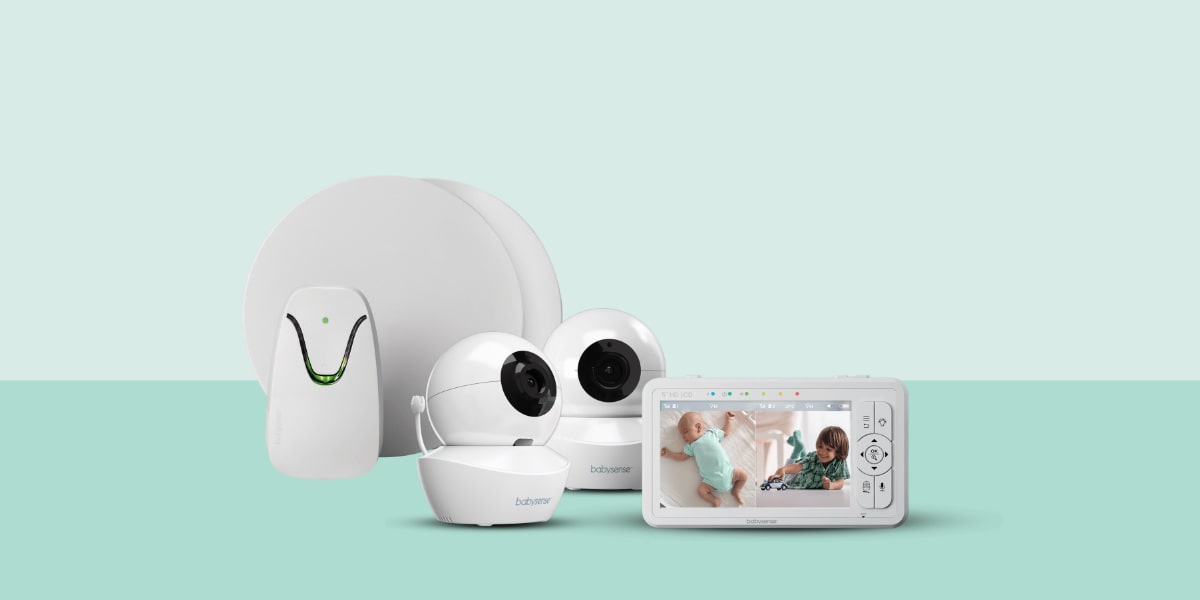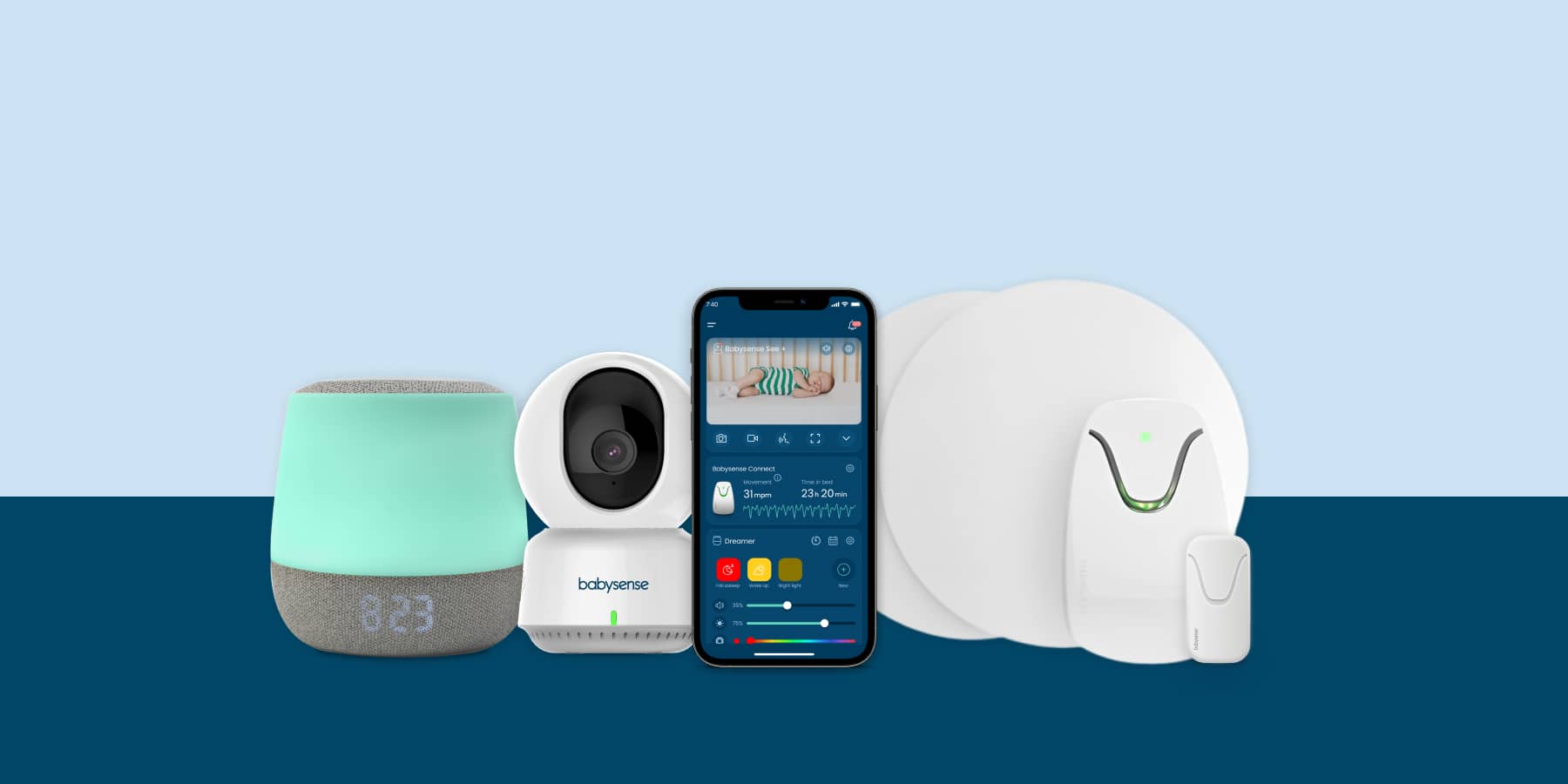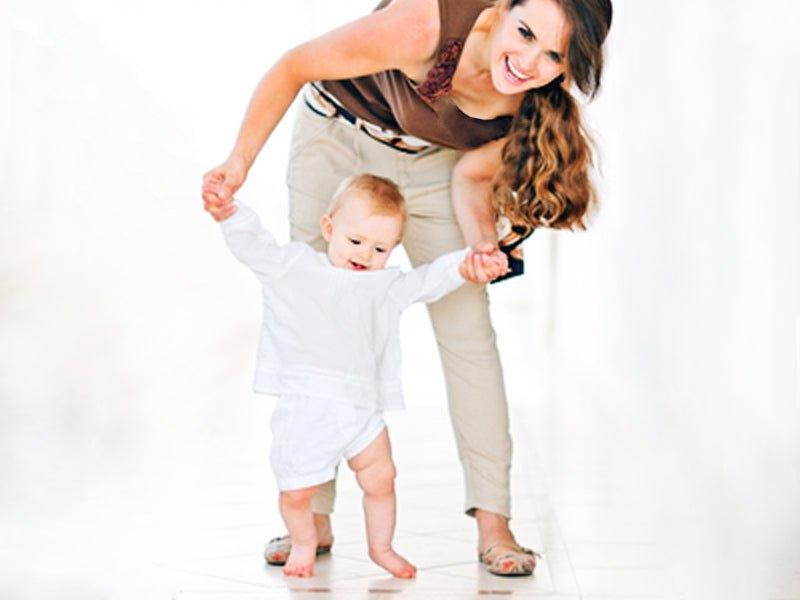For over 100 years scientists and other professionals have been debating what has the biggest impact on a baby’s development: is it the DNA, the genes that your baby is born with; or is it the environment that your baby is exposed to after birth? We now believe that it is not the one or the other. It is the relationship between your baby’s genes and the environment – an intricate dance between your baby’s genetic makeup and his temperament and the emotional context that his environment provides, that has the biggest impact on his development.
Your parenting journey begins the day you discover that you are pregnant and it probably ends the day we leave this planet. It’s a long time. Why not make a conscious decision to make the most of it, learn as you go along, embrace and enjoy it? Much easier said than done, especially if you know how it feels to hold a crying baby in your arms for hours on end, or try to negotiate with a strong-willed toddler over what clothes to wear.
I believe there are two major contributors that prevent us from fully embracing and enjoying this parenting journey.
The first one is the fact that parenting comes with no guarantees.
There are lots of aspects in and around our children and our parenting journey that are beyond our control. No matter how much you read, how much you do, how much you try to create an optimal growing and learning environment, there are no guarantees that your child will sleep through the night, sit, crawl or walk when he’s supposed to and be the perfect child that we want him to be. In a culture which some describe as a microwave or a quick-fix culture, the fact that we cannot predict or control every aspect of our child’s being, leaves us feeling out of control.
Another contributor that steals our joy as parents is an underlying phenomenon called perfect parenting. We want to be the perfect parent and raise the perfect child. Especially when it is your first child. It becomes a fear-driven competition which is measured by performance rather than being. The effect of this competition on a family is detrimental: the breakdown of relationships, disconnection; shaming and blaming becomes part of our fabric. As a mother, I’ve been on an extensive journey in trying to come to terms with what perfectionism really means and why it is dangerous. Most of us would like to be the best mom we can possibly be. That is not perfectionism per se. The problem arises if there is no room in your life for mistakes, failures, admitting you need help and letting go.
Perfectionism at its core has to do with a defensive shield we put up to protect us from shame and judgement. It is when we constantly seek approval by looking perfect and doing things perfectly. It becomes a competition in which we compare ourselves, our parenting and our children to others. Perfectionism is driven by a “what will they think?” mentality and the fear of failing. But being a mom means that there will be days when you feel overwhelmed, there will be times when you drop the ball. Don’t beat yourself up on those days. Admit your imperfections, get up, dust yourself off and try again. Be okay if your baby is not the first one to smile, clap their hands or walk and talk among your friends. The quicker we realise that there is no such thing as a perfect parent or a perfect child, the better it will be for us and our children.
So, if there are no guarantees and no such thing as a perfect parent, where does it leave us?
It leaves us feeling extremely vulnerable.
- Feeling vulnerable is not something that all of us are comfortable with.
- In an effort to shut it down, we push it away and turn parenting into a pursuit of performing, pleasing and proving. A self-destructive cycle with little joy.
- The question remains: How do we use the power given to us to enjoy our parenting journey while raising happy children? I believe we do it by showing them what it’s like to be brave.
- Brene Brown’s research on vulnerability, courage, shame and worthiness indicated that the people who are the happiest and most fulfilled are those who had the courage to be imperfect embrace vulnerability and be authentic. So in these results lies our first lesson.
- Joseph Clinton Pearce writes: “What we are teaches the child more than what we say
, so we must be what we want our children to become.” - Second lesson: if we want to raise caring and happy children, who live and love with their whole hearts and make a difference in this world, then we need to show them how it’s done.
- The primitive brain (consisting of the brain stem and cerebellum)
- The emotional brain (the limbic system)
- The thinking brain (the cortex and frontal lobes)
Do brave
Doing is moving. Movement restores calm. Moving helps us feel joy. Studies show that moderate exercise, when done regularly improves our health, mood and sleep and reduces stress, anxiety and depression (often seen in mothers who experience post-natal depression). When we get our joints and muscles moving, our heart and our sweat glands pumping, feel-good hormones are released and it is said to physically change the brain to improve memory and thinking skills. What can you do?- Create a habit of including some form of exercise into your day, be it moderate.
- Pram-walk with your baby
- Join a mum-and-baby exercise class
- Do Pilates, Zumba, rowing, working out at the gym, cycling or swimming – whatever works for you and realistically fits into your lifestyle.
- Don’t forget that household activities can count as well, such as intense floor mopping, raking leaves, or anything that gets your heart pumping that you break out in a light sweat.
- Move freely: Ensure that your baby has ample opportunities to move freely; kick his legs, roll over, stretch and bend. Limit the time that your calm-alert baby spend in baby carriers, buggies, and high chairs. Avoid walkers all together.
- Dance with your baby: Hold your baby tight and sing and dance together.
- Play rough-and-tumble: Roll on the bed, play horsey-horsey, lift your baby up in the air; use your body as an obstacle for your baby to crawl over and under.
Feel brave
Connection and compassion is what fuels the courage to be brave. Connect with your own feelings and have compassion – with yourself and others. Give yourself permission to feel vulnerable. Take off your mask. Embrace your imperfections. Even if that means admitting that you don’t know all the answers, that you feel alone, that you need help. Let others see the real you. Connect deeply - with yourself, your baby and those around you. What can you do?- Surround yourself with other brave moms. Be on the lookout for like-minded moms whose goal is not to outrun or outdo those around them.
- Ask for help and accept it when offered. You aren’t supposed to go on this parenting journey on your own. When you feel overwhelmed ask for help and when help is offered, accept it gracefully.
- Connect and play. Make time. Give more of yourself. Practise playing, really playing with your baby. Those kind of child-led games where, if one of your friends walk into the room, you’ll feel like a total loser. Your child needs to see the real you. They need to feel the connection. Child-led play has profound implications for your child’s development on all levels, i.e. physical, emotional, social and intellectual. When children play they form brain connection that improves their attention, engagement and interaction with this world. They develop empathy and self-worth. They develop courage. It is worrying that although the evidence is all conclusive that playing children are healthier and happier children, the actual time children spend playing continues to decrease.
think brave
Our thoughts influence what we feel and what we do.- Think brave thoughts. Don’t get caught up in the cycle of self-doubt and negative thoughts. Instead focus on what you’ve already done, identify the times when you showed courage. Carrying a baby and giving birth is probably the most courageous thing any human can do
- Remind yourself that you are not alone. For thousands of years there have been mothers who have struggled to get their baby to sleep through the night, or who have spent hours on end trying to console a crying baby. It is encouraging to know that your parenting issues aren’t unique. There are lots of other brave moms out there, who have pushed through difficult times and had the courage to be authentic.
- Practise gratitude. A few years ago, I started a gratitude journal with my kids. We write down what we are grateful for, each and every day. But if we don’t have that book lying right in front of us on the kitchen island, then we forget. So we need to see it. Only then can we open our eyes to see everything around us and within us that we are grateful for. We name the big things like the sun rising, warm beds and schools, to the small (but rather significant) hugs, toothbrushes and shoes. Some have a gratitude jar. Doesn’t matter how you decide to practise gratitude, just know that when you do, you will experience joy in a whole new way!








